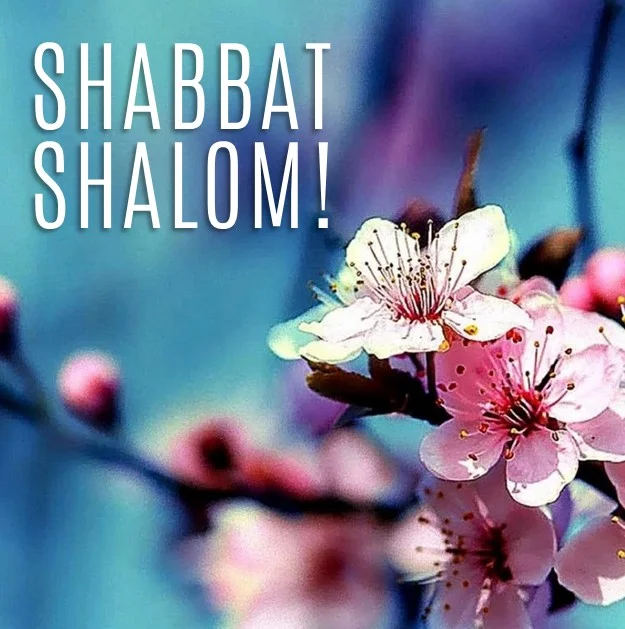In the tapestry of Jewish traditions, few phrases hold as much significance and depth as “Shabbat Shalom.” Uttered every Friday evening and throughout the day on Saturday, these words encapsulate the essence of the Jewish Sabbath, a sacred period of rest, reflection, and renewal. Beyond a simple greeting, Shabbat Shalom carries layers of cultural, spiritual, and historical significance, reflecting the rich heritage of the Jewish people. In this comprehensive exploration, we delve into the roots, meanings, and contemporary relevance of this cherished phrase.
Origins and Etymology
To grasp the essence of “Shabbat Shalom,” it’s imperative to dissect its components. “Shabbat,” derived from the Hebrew word “Shabbāt,” refers to the seventh day of the week, a day of rest and holiness. According to Jewish tradition, it commemorates the day on which God rested after creating the universe. “Shalom,” on the other hand, is one of the most profound and multifaceted words in Hebrew. Beyond its simplistic translation of “peace,” “Shalom” embodies wholeness, harmony, and completeness.
When combined, Shabbat Shalom signifies not only a wish for a peaceful Sabbath but also invokes a sense of completeness and spiritual fulfillment. It encapsulates the aspiration for tranquility not only externally but also internally, encompassing both individual and communal well-being.
Rituals and Traditions
The observance of Shabbat is marked by a myriad of rituals and traditions, each adding layers of depth to the experience. From the lighting of candles to the recitation of blessings over wine and challah, these customs serve to sanctify and differentiate the Sabbath from the rest of the week. Among these rituals is the exchange of greetings, with Shabbat Shalom serving as the quintessential expression of well-wishes for the day.
The act of wishing someone Shabbat Shalom goes beyond mere courtesy; it is an acknowledgment of the sanctity of time and the importance of communal connection. Whether shared among family members at the dinner table or with strangers in synagogue, this greeting fosters a sense of unity and shared purpose within the Jewish community.
Spiritual Significance
At its core, Shabbat Shalom is a spiritual invocation, calling upon individuals to transcend the mundane and enter into a realm of holiness and peace. It serves as a reminder of the divine commandment to rest on the seventh day, as well as an opportunity for introspection and spiritual rejuvenation.
In Jewish tradition, the observance of Shabbat is likened to a taste of the World to Come, a foretaste of the Messianic era when peace and harmony will reign supreme. By wishing one another “Shabbat Shalom,” Jews affirm their faith in the ultimate redemption and their commitment to building a world characterized by justice and compassion.
Cultural and Historical Context
Throughout history, the observance of Shabbat has served as a cornerstone of Jewish identity, sustaining communities through times of triumph and tribulation. From the exile in Babylon to the horrors of the Holocaust, the Sabbath has remained a beacon of hope and resilience for the Jewish people.
Shabbat Shalom bears witness to this enduring legacy, serving as a testament to the unbroken chain of tradition that links Jews across generations and continents. Whether uttered in the bustling streets of Jerusalem or the bustling metropolises of the diaspora, this greeting serves as a reminder of the eternal bond that unites the Jewish people.
Contemporary Relevance
In an age characterized by constant connectivity and ceaseless activity, the observance of Shabbat takes on added significance as a counterbalance to the frenetic pace of modern life. Shabbat Shalom serves as a reminder to pause, reflect, and reconnect with what truly matters.
In a world plagued by division and discord, the message of Shabbat Shalom resonates more deeply than ever, offering a vision of a society characterized by harmony and mutual respect. Regardless of one’s religious beliefs, the spirit of Shabbat transcends boundaries, offering a vision of a world redeemed.
Conclusion
Shabbat Shalom represents far more than a simple greeting; it is a profound expression of faith, tradition, and hope. Rooted in centuries of Jewish wisdom and practice, these words encapsulate the essence of the Sabbath experience, inviting individuals to enter into a realm of peace and holiness.
As we navigate the complexities of the modern world, may we all take heed of the message of “Shabbat Shalom,” striving to cultivate inner tranquility and extend kindness to one another. In doing so, we honor not only the timeless traditions of the Jewish people but also the universal aspiration for a world characterized by wholeness and harmony. Shabbat Shalom to all.







